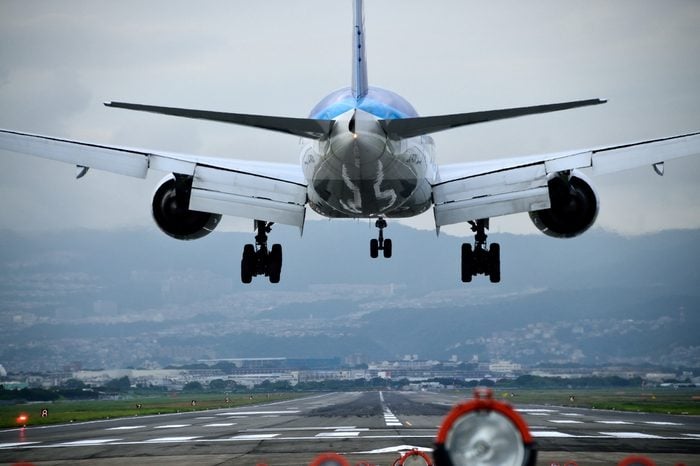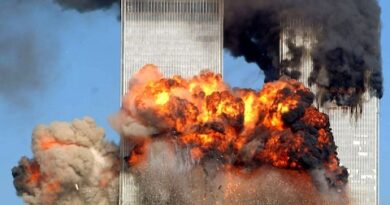12 Questions People Still Have About 9/11
6
/
12

How early did the government know?
The theory: As early as July 31, 2001, the FAA had issued a warning to airlines that “terror groups are known to be planning and training for hijackings.” And according to CNN, this wasn’t the first such warning issued by the government.
The consensus: In fact, it may have been even earlier. As far back as 1998, the FAA had been warning airlines and airports to maintain a “high degree of alertness” in response to ominous statements made by Osama bin Laden. These are the things the Government doesn’t want you to know about Area 51.
7
/
12

Why didn’t anyone warn us?
The theory: On August 6, 2001, the CIA reported to President George W. Bush that al Qaeda was planning airline hijackings, according to CNN. This information was passed on to embassies and other overseas organization. But not the American public. Was there a good reason for this? There’s a chance that authorities didn’t take the threat seriously, and there’s a chance that they believed there was little citizens could have done to alter the outcome.
The consensus: Most people—especially families of the victims—would have preferred that the American public had a warning.
8
/
12

Will this change the way governments handle alerts?
The theory: It should. Last June, the European Union enacted legislation requiring that citizens be alerted to potential terrorist attacks. The legislation has been called “lifesaving.”
The consensus: Post-9/11 our country has made its own sweeping changes. U.S. agencies have been more forthcoming about potential danger. Homeland Security’s color-coded system (red being the highest threat) has been replaced by the National Terrorism Advisory system, which keeps us posted with “elevated” and “imminent” alerts. In addition, all major cellular companies also have the capability of warning subscribers about threat level changes. Finally, ground zero is home to a new tower. Learn how 1 World Trade Center was built to be safer than the Twin Towers.

